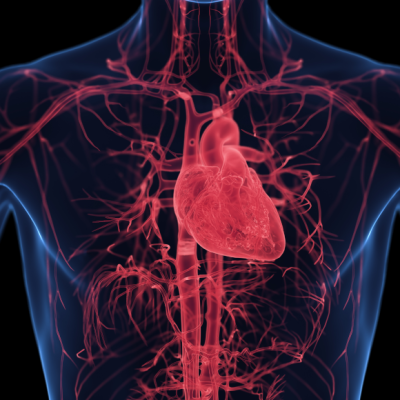Alcohol consumption in moderation can reduce the risk of stress-related heart attacks, with the strongest effect seen in people with anxiety disorders. A study published in the journal Psychopharmacology in 2013 showed that alcohol can reduce stress reactions in the amygdala, a brain region that responds to threats. Researchers from the Massachusetts General Hospital and Harvard Medical School have now investigated the effects of alcohol on stress-related heart attacks. They analyzed health data from 50,000 people in the Mass General Brigham Biobank, which included medical history, dietary and drinking habits. According to the publication in the Journal of the American College of Cardiology, the health data showed that people who consume light to moderate amounts of alcohol, defined as one alcoholic drink per day, have a lower risk of stress-related heart attacks than people who never consume alcohol. This effect was particularly strong in people with anxiety disorders.
The researchers also examined 754 brain scans from the biobank. The images showed that the brains of people who consume light to moderate amounts of alcohol produce fewer stress signals than people who do not drink alcohol or drink a lot of alcohol. Stress signals are a biomarker associated with the risk of heart attacks. Dr. Ahmed Tawakol explains that the study results are not a call for people to consume alcohol to reduce their risk of heart attacks. In a press release, he pointed out the numerous health risks associated with alcohol consumption, including cancer. Tawakol emphasizes the need to recognize the calming effects that light alcohol consumption can have on some people and to investigate whether these effects can be mimicked by alternative, possibly healthier methods.
While the study results are being critically discussed in the scientific community, Dr. Naveed Sattar, a professor of metabolic medicine at the University of Glasgow, believes that the overall risks of alcohol are not being adequately considered. He says, “The problem is that we know that any amount of alcohol is associated with more strokes and heart failures, as well as an increase in cancer and deaths from cardiovascular causes. So, focusing on just one small aspect, even if it is true, gives a false impression, and the title of better heart health with light to moderate alcohol consumption is misleading and perpetuates old myths that we really need to move away from.”










